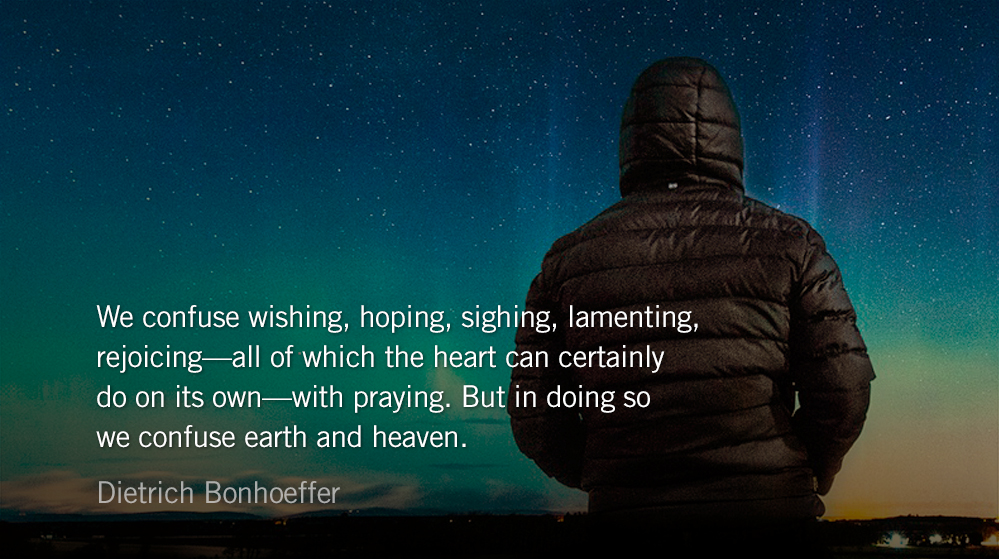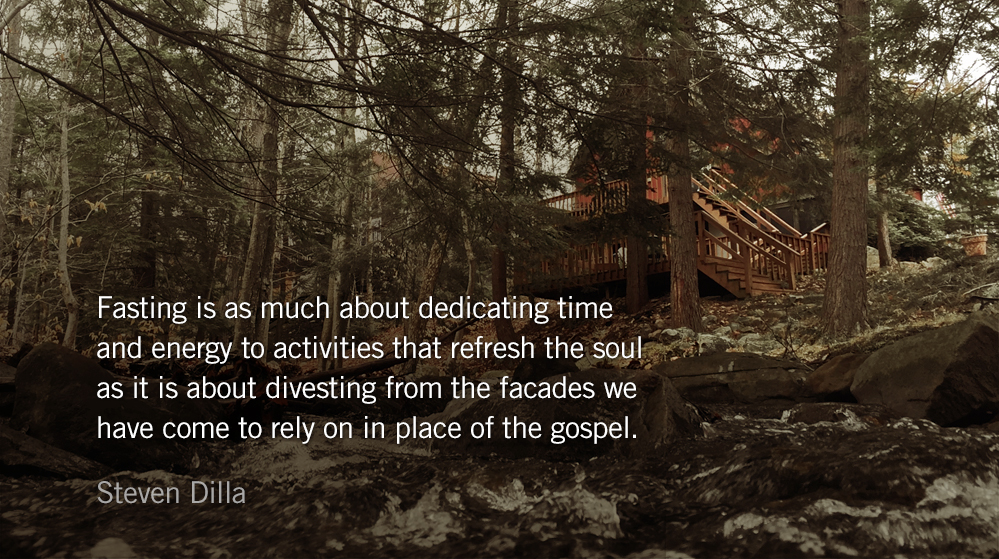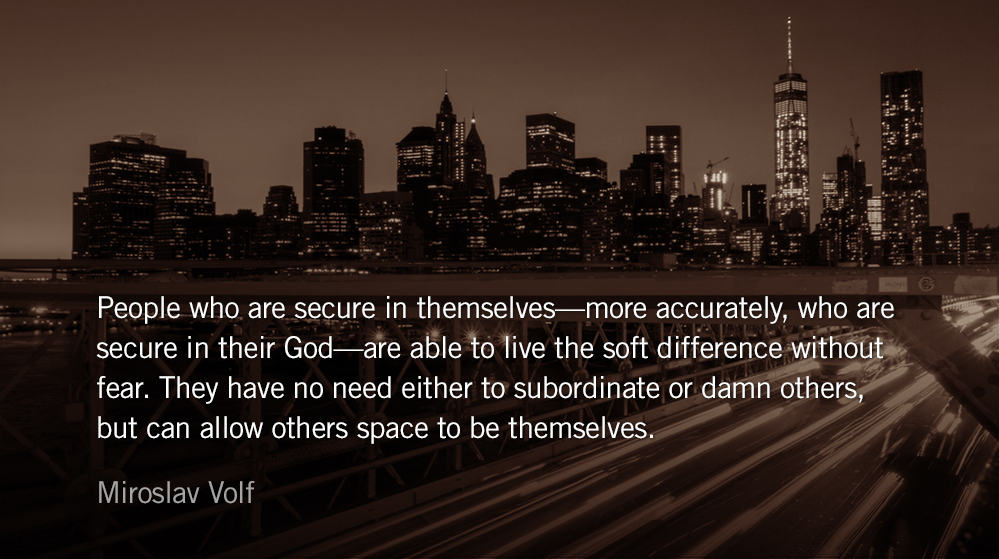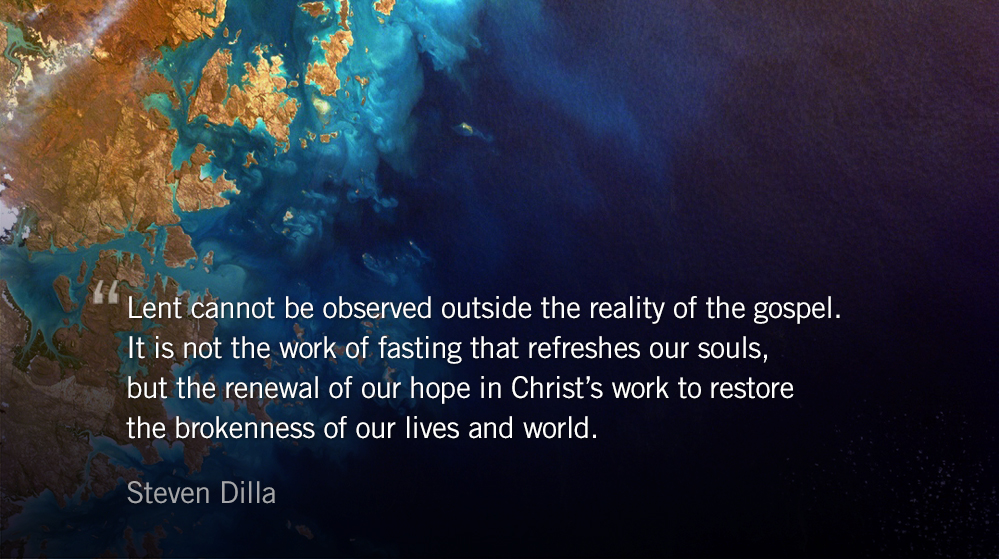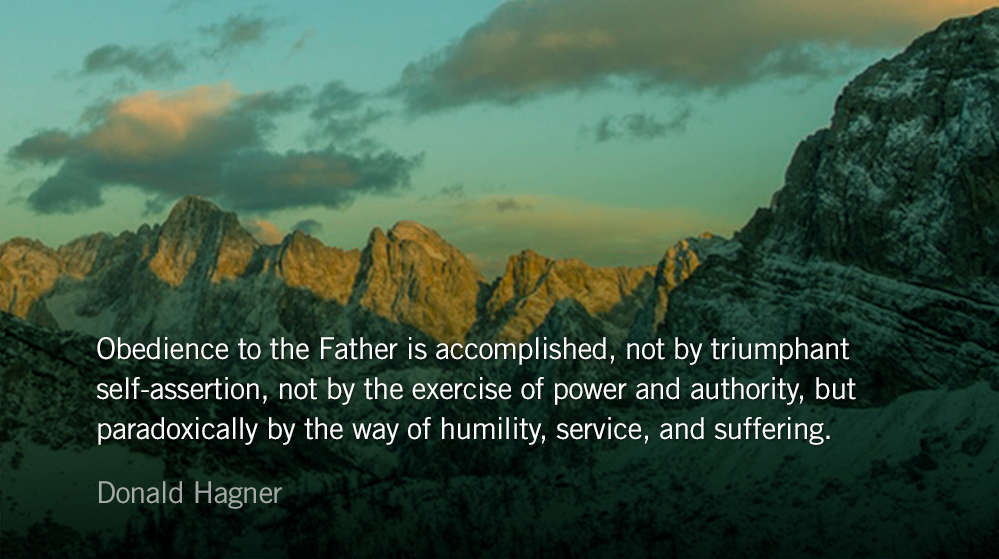Praying certainly does not mean simply pouring out one’s heart. It means, rather, finding the way to and speaking with God, whether the heart is full or empty. No one can do that on one’s own. For that one needs Jesus Christ.
― Dietrich Bonhoeffer
Lenten Reflection: Finding Words to Pray
The Park Forum
“This is a dangerous error,” warns Dietrich Bonhoeffer, “to imagine that it is natural for the heart to pray.” The great theologian, who lost his life in a Nazi concentration camp in 1945, was no stranger to unanswered prayer. He wrote:
It can become a great torment to want to speak with God and not to be able to do it—having to be speechless before God, sensing that every cry remains enclosed within one’s own self, that heart and mouth speak a perverse language which God does not want to hear.
This may have contributed to the reason Bonhoeffer did not believe it was possible to pray without the power of God. He explains how to pray the words of God—Scripture—through the power of God—Spirit:
Jesus Christ has brought before God every need, every joy, every thanksgiving, and every hope of humankind. In Jesus’ mouth the human word becomes God’s Word. When we pray along with the prayer of Christ, God’s Word becomes again a human word.
If we want to read and to pray the prayers of the Bible, and especially the Psalms, we must not, therefore, first ask what they have to do with us, but what they have to do with Jesus Christ. We must ask how we can understand the Psalms as God’s Word, and only then can we pray them with Jesus Christ. Thus it does not matter whether the Psalms express exactly what we feel in our heart at the moment we pray.
Perhaps it is precisely the case that we must pray against our own heart in order to pray rightly. It is not just that for which we ourselves want to pray that is important, but that for which God wants us to pray. If we were dependent on ourselves alone, we would probably often pray only the fourth petition of the Lord’s Prayer. But God wants it otherwise. Not the poverty of our heart, but the richness of God’s word, ought to determine our prayer.
Prayer: The Small Verse
Today if you shall hear His voice, harden not your heart.
– From The Divine Hours: Prayers for Springtime by Phyllis Tickle.
Full prayer available online and in print.
Today’s Reading
Exodus 19 (Listen – 4:04)
Luke 22 (Listen – 7:58)


